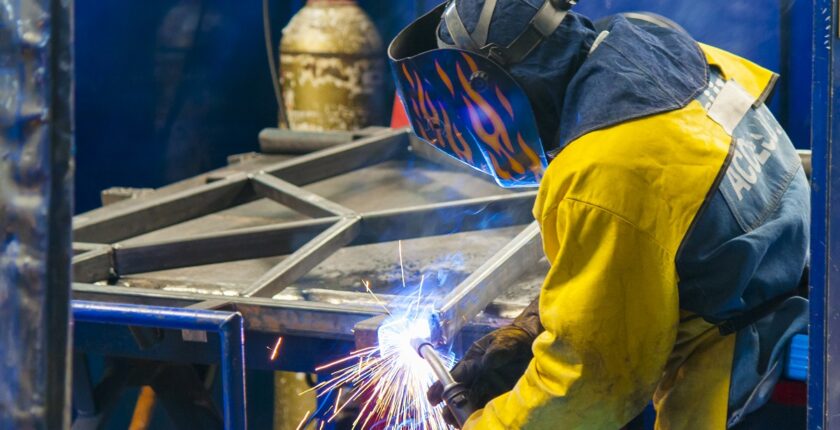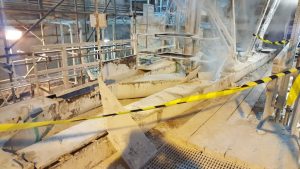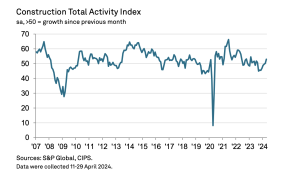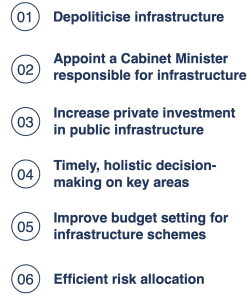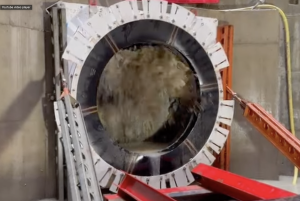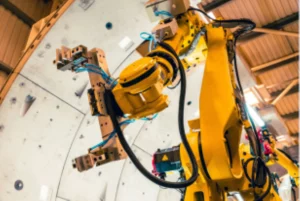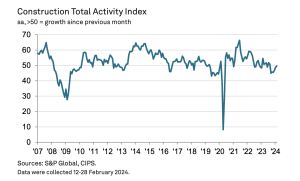Construction skills manifesto 5 year plan
This post has already been read 2912 times!
A new skills manifesto has urged the Government to set targets to ensure that three-quarters of trade jobs are medium or high-skilled by 2020.
The intention behind the manifesto is to encourage and embed foundations for long-term economic growth by addressing the increasing need for skills throughout the construction sector.
The manifesto by The Manufacturers’ Organisation (EEF) comes after the National Manufacturing Conference where they found that 59% of manufacturers are concerned about the impact of a technology-driven future on the on-going skills shortage.
A further 63% predicted that there will be greater stress on the requirement and demand of highly skilled workers.
The manifesto aims to encourage the Government and manufacturers to work together to develop the skills agenda that will result in a 25% increase in the number of apprenticeship completions in engineering and manufacturing.
This ultimate aim is to boost industrial strength by achieving a better economic balance driven by increased exports, investment, innovation and improved infrastructure and productivity.
The past half-decade has been focused on fortifying the economic recovery; the aim of the next half-decade should be focused on the foundation of new industrial awakening.
Outlined in the manifesto was also the need to address sustainable growth in the sector’s talent pipeline. It advocates that an education policy needs to be put in place to ensure that ‘young people attain relevant qualifications and gain practical work experience’ before leaving the education system.
The EEF also calls upon the funding of apprenticeships to be leveraged to deliver greater economic benefits by giving greater control to employers.
They hope to achieve this by enabling employers to purchase the training provisions needed for their business.
CEO of EEF, Terry Scuoler, said: “This is a blueprint for the future of manufacturing and for policies that will support the demand not just for skilled workers, but for more workers with higher-level skills.
“The face of manufacturing is changing as a result of rapid advances in technology. This change is global and will see us face fiercer competition from other manufacturing and trading notions.
“In turn, it will place immense pressure on both the talent pipeline and the existing skills pool. It is vital that the Government steps up to this challenge and works hand-in-hand with manufacturers to ensure that the UK is not left behind?

